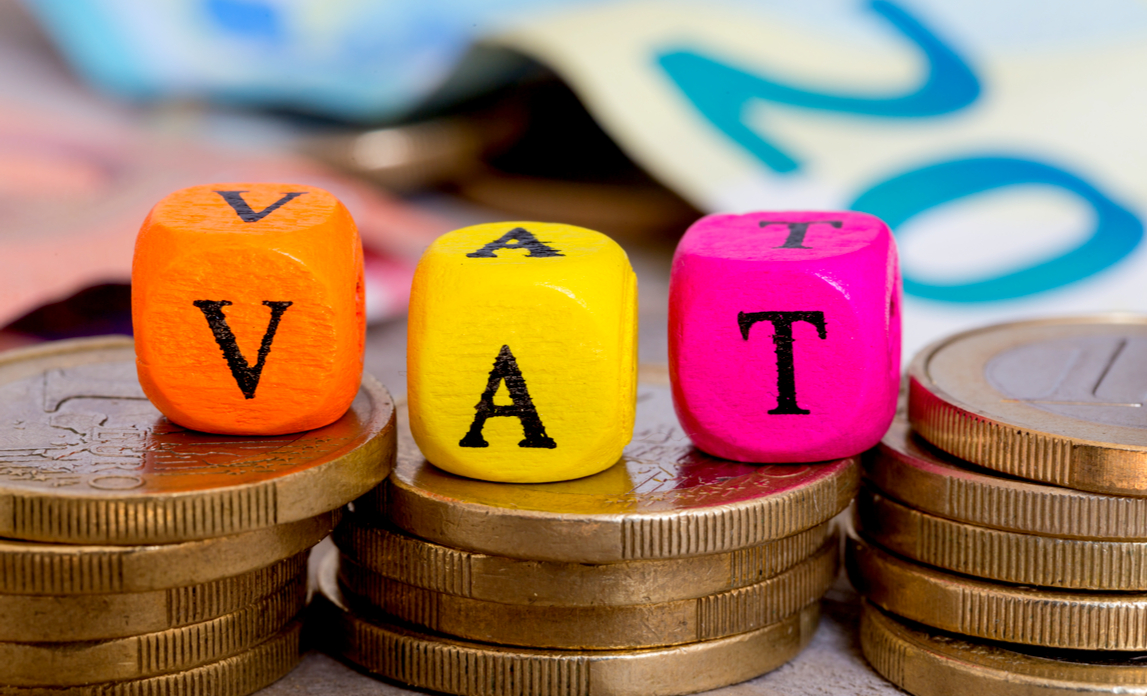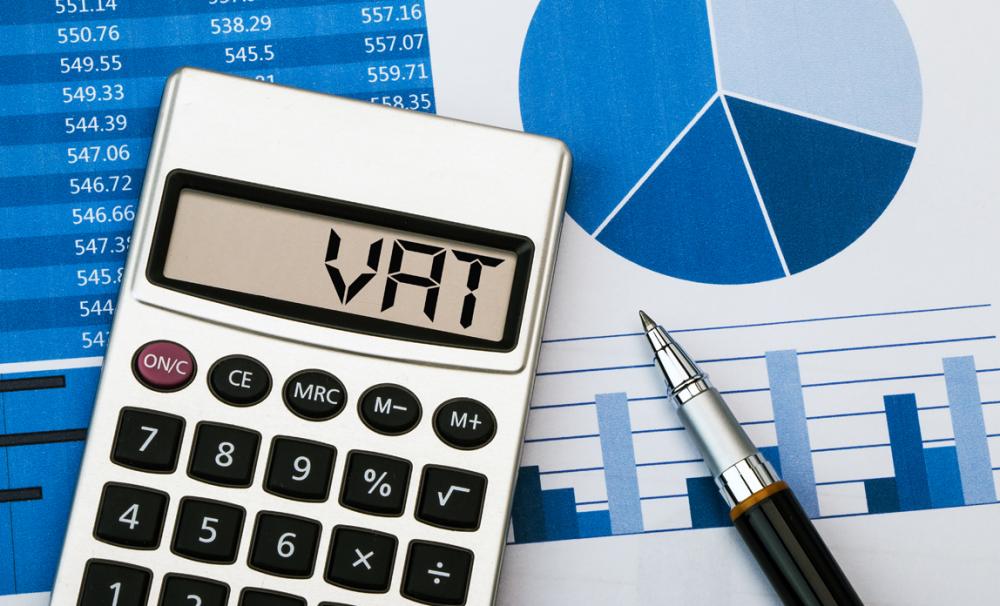VAT in an indirect tax charged on most of the business transactions excepting a few ones like the financial services. The taxpayer has a responsibility to collect the tax on each transaction and pay it over to HM Revenue & Customs before the deadlines. Business records are checked on and off to ensure that VAT has been accounted for correctly. Penalties for errors are greater where HMRC finds error with VAT accounting and reporting.
VAT is basically an overly complex indirect tax regime imposed on the taxpayer. It all starts with the supplies you make which could be standard-rated, reduced-rated, zero-rated and even exempt from VAT. Taxable supplies are those which are not exempt and include even zero-rated ones. You are obliged to let HMRC know once you have crossed the threshold which is currently £79,000. Such obligation arises even when you are making supplies to customers based overseas. Conversely, an overseas business selling goods in to the UK is required to register even when the supply is for £1. But again it depends on a host of factors like whether the supplier is based in the EU or outside the EU, on whether supplies are of goods or services etc. Things get complicated particularly when you are making supplies of services; which when supplied to customers based outside the UK and outside the EU can have different tax consequences.


